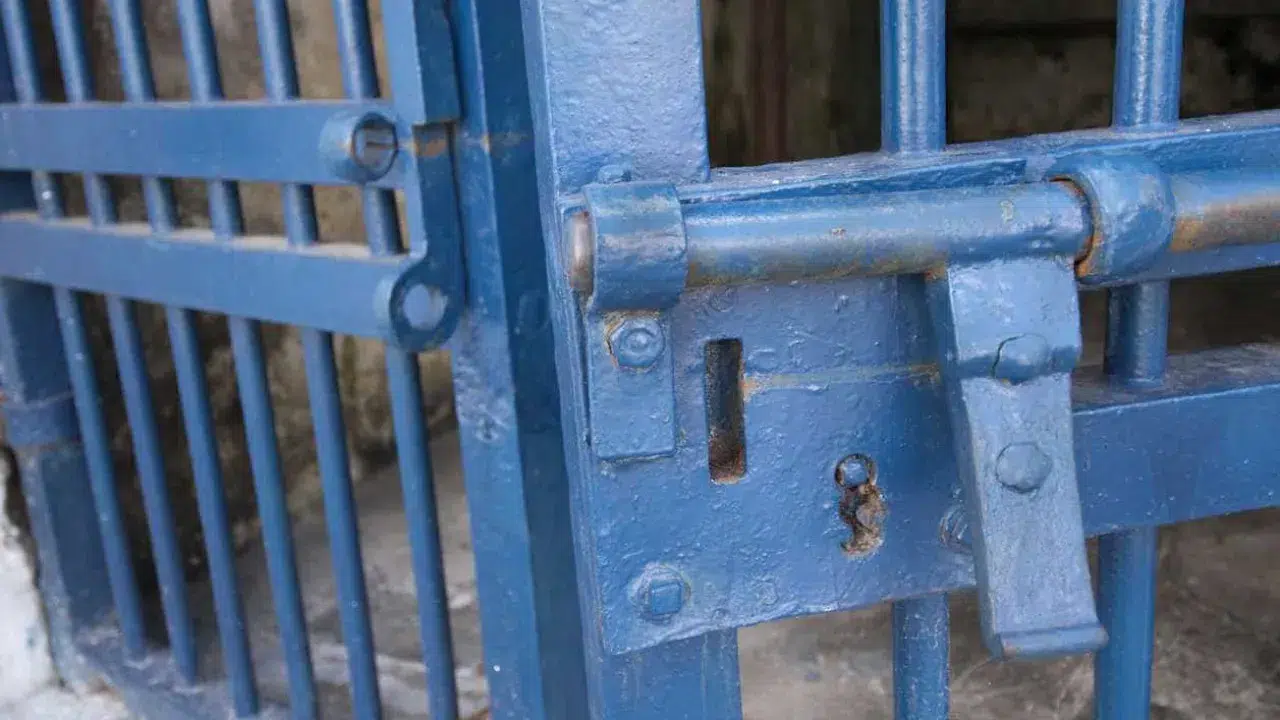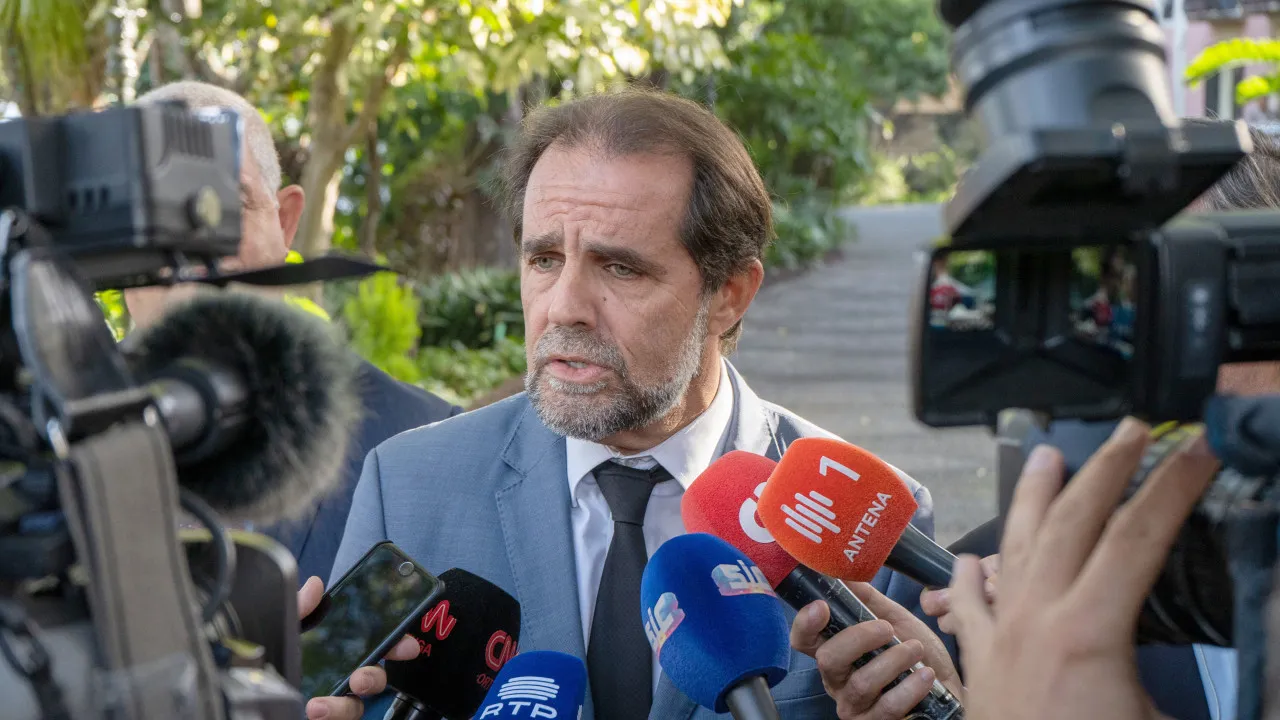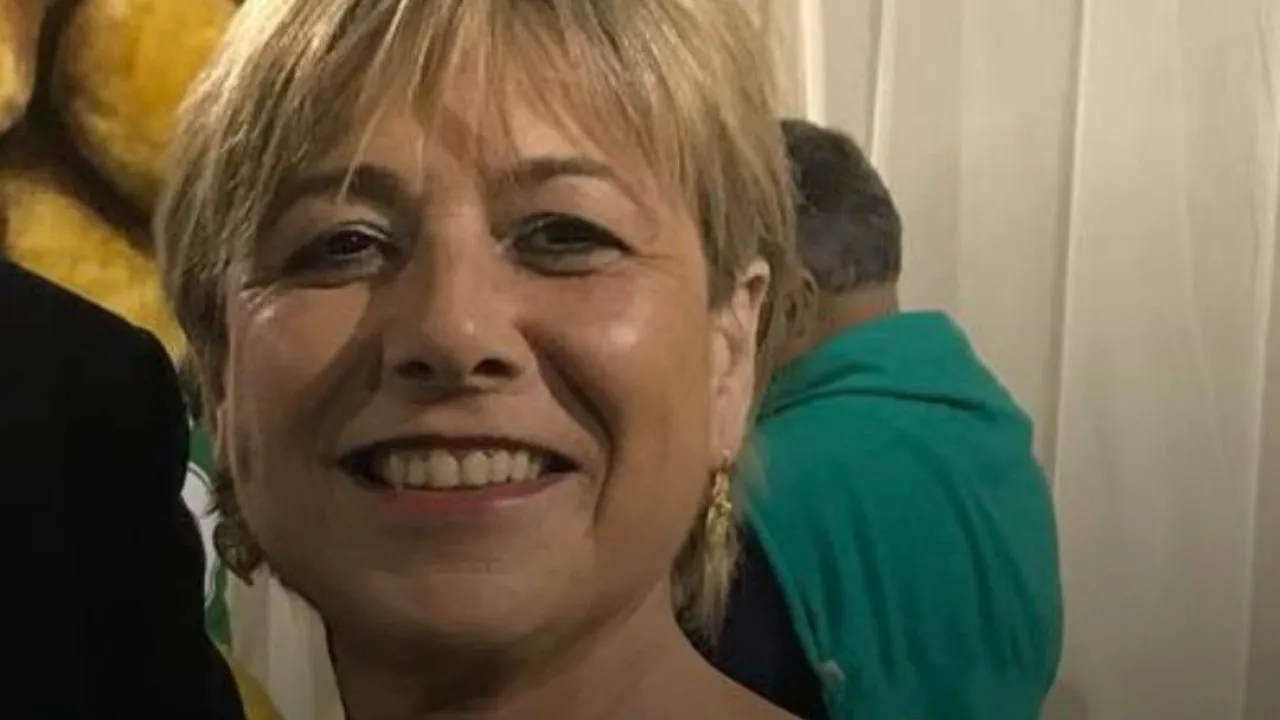
The president of the Union Association of Prison Guard Chiefs (ASCCGP), Hermínio Barradas, warned today that the “chaos” in Portuguese prisons, due to overcrowding, lack of resources, and outdated facilities, will lead to further inmate escapes.
In statements made shortly before it was announced that the two inmates who escaped on Monday from the Alcoentre Prison were captured, Hermínio Barradas attributed the situation to “government irresponsibility for allowing the prison system to reach this point.”
“These incidents will continue due to this downward spiral of resources. It is an authentic chaos. It is irresponsible for the government to let the prison system reach this point. Now they are trying to recover losses but can’t because there aren’t enough people willing to enter this profession. The causes lie in three areas: outdated facilities, overcrowding, and a lack of resources,” stated the ASCCGP president.
Two Portuguese men, ages 37 and 44, escaped at 18:20 on Monday from Alcoentre Prison in the municipality of Azambuja, Lisbon district.
A source from the Directorate-General for Reintegration and Prison Services (DGRSP) confirmed that the inmates who escaped at 18:20 on Monday have been captured.
“They were captured minutes ago by the GNR,” the source stated around 07:40, indicating further information will be provided in a subsequent GNR statement.
The Jornal de Notícias reported that the escape occurred in an area where the watchtower was deactivated and that the inmates allegedly climbed the wall using a rope made of sheets.
According to the report, there were 15 guards on duty instead of the usual 30.
The ASCCGP president described “systemic failures” and emphasized that “a series of holistic factors provoke and intensify these incidents.”
“The watchtowers were not active because there isn’t enough staff, and we can’t counteract this trend of people leaving the profession due to its lack of appeal. There are discussions about some changes, but I can’t disclose them. They will require a lot of courage and will generate significant opposition. It is impossible to resolve this without significant organizational and structural changes. We have this general directorate, stemming from prison management, which has many limitations in what they can and certainly want to do,” he explained.
Hermínio Barradas also highlighted “an overwhelming obsession by this Directorate-General with conducting inquiries,” noting it has been under significant pressure from the judiciary to perform its duties.
“If there are not enough personnel for internal tasks, sending the limited resources available for external duties further depletes the internal staff. It is inevitable, and a disaster will occur without political will—a regime pact we’ve discussed about a year ago—to seriously address prisons. Serious changes in laws, structure, and organization are necessary,” he concluded.




